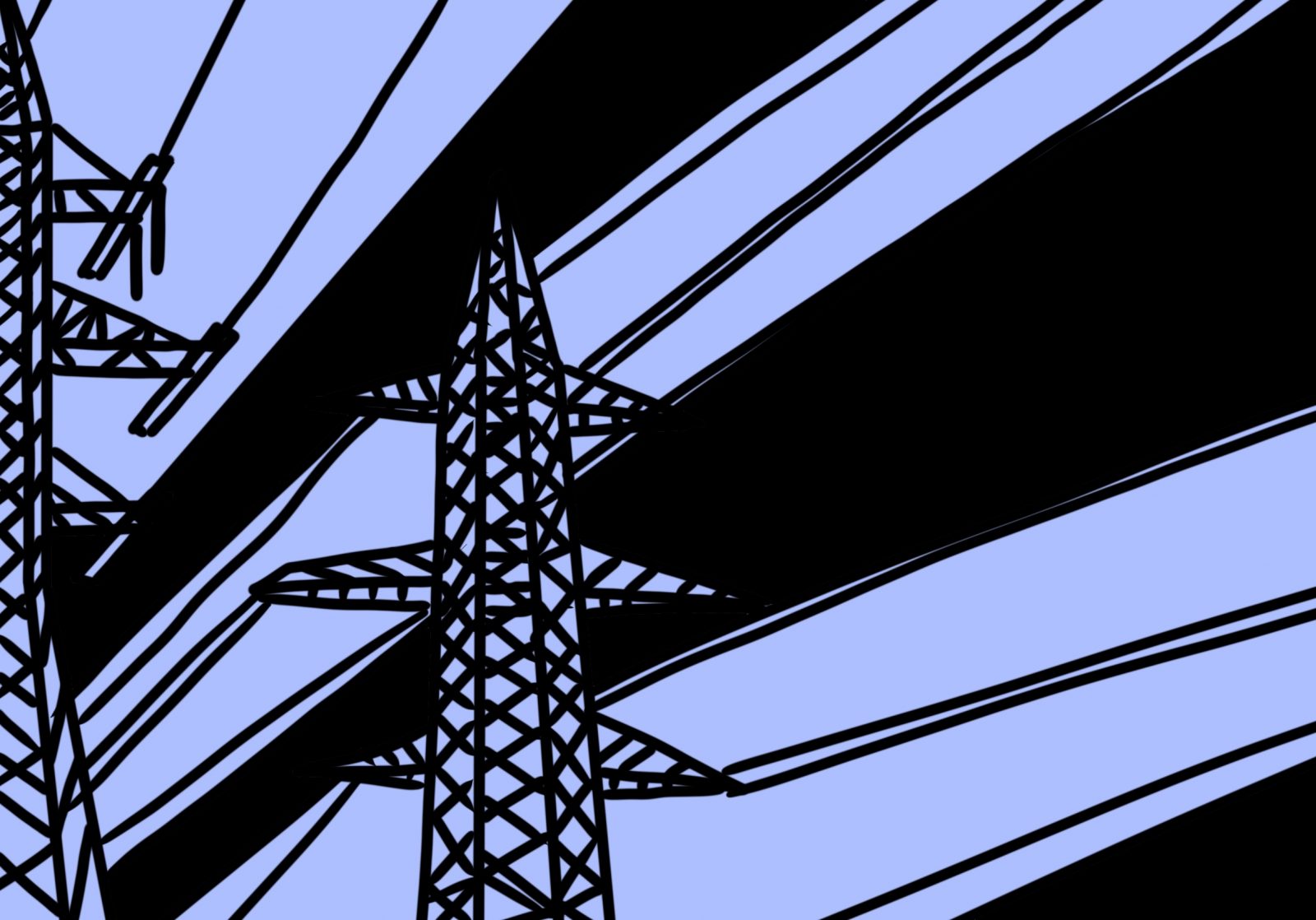Unfortunately, many legislative victories are painted as partisan, making us lose sight of how Congress is supposed to work for all Americans, not the favored groups of the party in power.
The latest bill Congress passed should be commended for bucking partisanship and improving the lives of so many Americans. Last week, the House passed a bipartisan infrastructure bill 228-206 to improve the United States’ water, roads, bridges, ports, power grids and internet.

I commend the 13 House Republicans who voted for the bill. Even though the bill was bipartisan and moderate, they crossed party lines to help their constituents, a rare occurrence in our times.
Sadly, there were six Democrats and 200 Republicans in the House who voted against the bill. I hope those representatives do not boast about any good infrastructure investment that helps their district.
The decision to vote no was shameful. To those who complain that politicians do nothing, you should turn your ire to the 206 House members who voted no. It seems some congresspeople would rather be social media darlings than legislators.
But perhaps it is naive of me to think that legislators should primarily concern themselves with passing laws.
Many Americans are driving on shoddy roads, riding on dilapidated transit or drinking water that still comes from lead pipes. They have no time for grandstanding and bellyaching. They need solutions to their problems, not smug tweets that scold positive measures for not being enough.
Safe drinking water is not typically celebrated by those who already have it. However, this infrastructure bill may be a godsend to those whose water flows brown from lead pipes.
The bill included $15 billion for replacing lead pipes to make drinking water safer. I am sure people from Flint, Michigan would have loved to get those lead pipes replaced years ago before the water supply was poisoned. They cannot wait until ineffectual ideologues cross off all their wishlist items.
Another item in the bill to be excited about is the $25 billion apportioned for airport upgrades. When I flew through the Incheon International Airport in South Korea a few years ago, it felt like I was in 2050. When I passed back through Dallas/Fort Worth, I asked myself why the world’s richest country has lackluster airports.
Power grids came into the news at the beginning of this year when Texas suffered catastrophic power losses during a storm that left millions without power and more than a hundred dead. Though Texas has its own power grid, the disaster was nonetheless a wake-up call for the United Statesto update its power grid, lest it suffer a similar tragedy.
The infrastructure bill provides $65 billion for improving the nation’s power grid. Having a more reliable power grid helps everyone because our society is so dependent on electricity. Extended power outages really could grind a community to a halt, and that is something Americans should not have to worry about in 2021 and beyond.
Speaking of electricity, everyone should be excited about the new $7.5 billion investment in electric vehicle charging stations. The United States should start transitioning toward electric vehicles, and part of that effort must include a robust electric vehicle infrastructure that provides for plenty of charging stations.
Lastly, rural and tribal broadband internet access expansion is perhaps one of the most significant achievements of this bill. Sadly, rural Americans and tribal communities have been left behind when it comes to high-speed internet. For example, about one-fourth of rural Americans and one-third of the population of tribal areas lack access to consistent, high-speed internet. The bill provides $65 billion to improve broadband access and close the internet-access gap.
Rather than focus on what is not in the bill, I would like to focus on what is in the bill: massive investments in roads, bridges, public transit, internet, ports, water safety and more. Good government is boring, and few things are more boring than infrastructure. But to that kid who finally gets to drink safe water after lead pipes are replaced or that farmer who can finally access reliable high-speed internet, this bill might just change their lives.














































































































